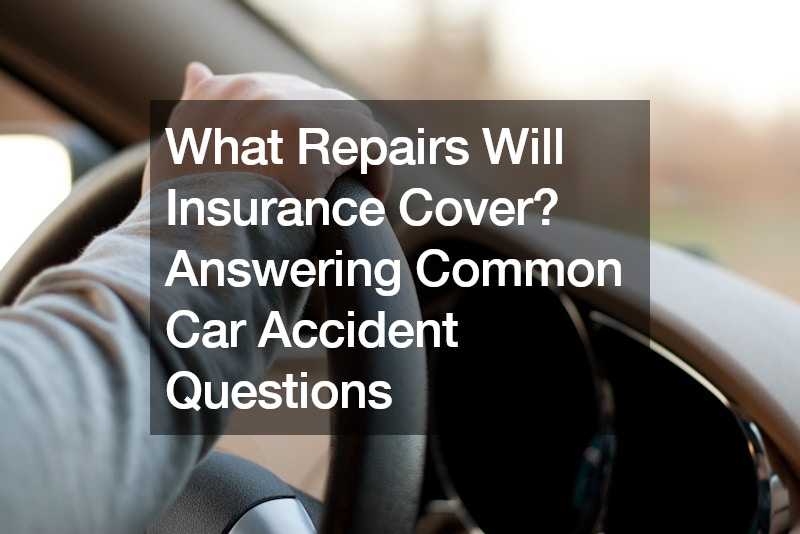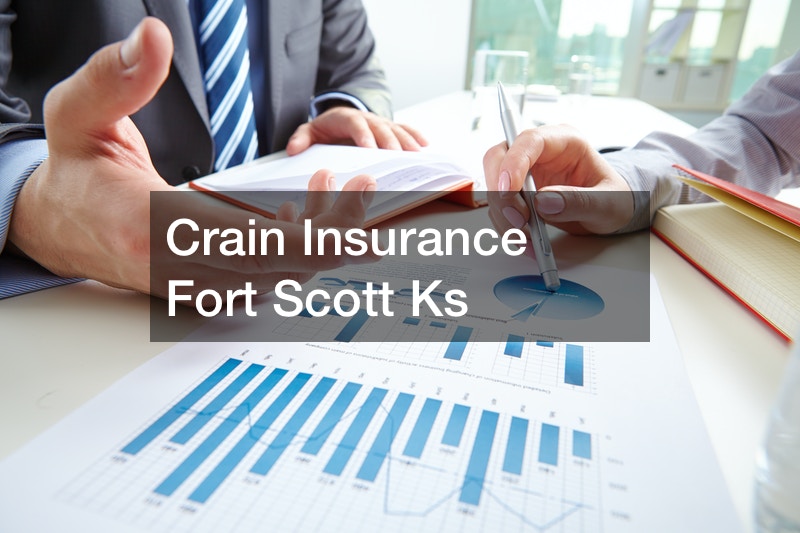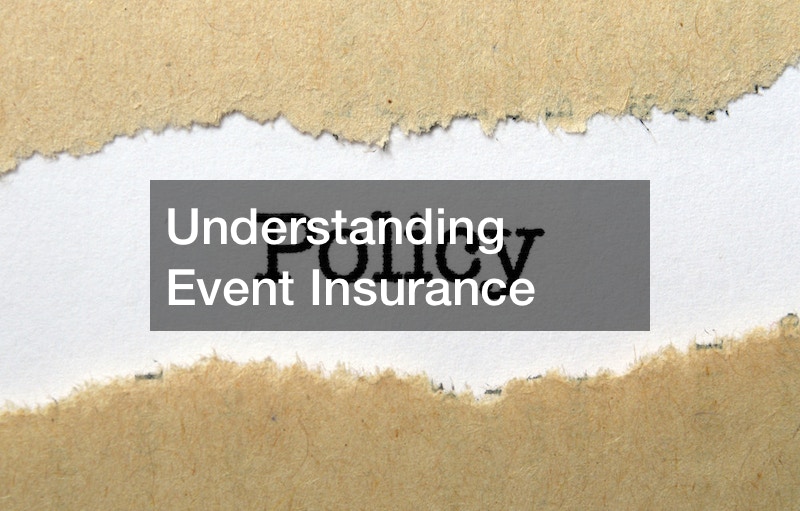
Car accidents can be stressful and overwhelming experiences. Knowing what to do in the aftermath of a car accident can make a significant difference in how smoothly the process unfolds. This comprehensive guide will answer common car accident questions and provide valuable information on insurance coverage, repairs, legal considerations, and preventative measures.
1. What to Do After a Car Accident
After a car accident, your first priority should be to ensure everyone involved is safe and uninjured. It is crucial to report the accident to the relevant authorities, such as the police or highway patrol, depending on the severity of the accident. Additionally, gathering information at the scene, including the other driver’s contact and insurance details, eyewitness accounts, and documenting the damage with photos, can be essential for insurance claims and legal purposes.
By reporting the accident promptly and collecting necessary information, you can expedite the insurance claims process and protect your interests in case of disputes. Remember to stay calm and cooperative while gathering information at the scene to ensure a smoother resolution of the incident.

2. How Does Insurance Determine Coverage?
This is another one of the most common car accident questions. Understanding your car insurance quote, options, and policy is vital to knowing what coverage you have in the event of a car accident. Various factors can affect your coverage, including policy limits, deductibles, and the type of coverage you have. It’s essential to review your policy regularly and make any necessary updates to ensure you have adequate coverage.
Insurance companies assess coverage based on the circumstances of the accident, whether you were at fault, and the extent of the damages. Factors such as the type of collision, the severity of injuries, and property damage all play a role in determining coverage. Working with your insurance provider to understand how coverage is calculated can help you navigate the claims process more effectively.
3. Will Insurance Cover Repairs to Your Vehicle?
Insurance coverage for car repairs depends on the type of policy you have and the extent of the damages sustained in the accident. Comprehensive and collision coverage typically cover repairs to your vehicle, including mechanical repairs, bodywork, and paint jobs. It’s essential to review your policy to understand what repairs are covered and what additional costs you may be responsible for.
Types of repairs typically covered by insurance include fixing structural damage, repairing or replacing mechanical components, and addressing cosmetic damage such as dents and scratches. Your insurance adjuster will assess the damages and provide an estimate for the necessary repairs based on the coverage outlined in your policy.
If you have specific preferences for where the repairs are done or the type of parts used, it’s important to communicate this with your insurance provider to ensure your expectations are met. Working with a reputable auto repair shop that specializes in collision repairs can help ensure quality workmanship and a satisfactory outcome.
4. What if the Other Driver is Uninsured?
This is another one of the most popular car accident questions. In the unfortunate event that the other driver involved in the accident is uninsured, you may still have options for financial recovery through uninsured motorist coverage. This type of coverage is designed to protect you in situations where the at-fault driver does not have insurance or sufficient coverage to compensate for damages. It’s essential to review your policy to understand what uninsured motorist coverage you have and how it applies in such scenarios.
If the other driver is uninsured and at fault, you may also have legal options for seeking compensation for damages through civil litigation. Consulting with a personal injury attorney can help you understand your rights and pursue legal action to recover damages for medical expenses, vehicle repairs, and other losses incurred in the accident.
5. Can You Choose Your Own Repair Shop?
When it comes to selecting a local auto repair shop for repairs following a car accident, you have the right to choose where your vehicle is repaired. While insurance companies may recommend preferred repair shops for their network discounts or quality guarantees, you are not obligated to use these facilities. You have the right to select a local auto repair shop that you trust and feel comfortable with for your repairs.
Knowing your rights and advocating for your choice of repair shop can help ensure that your vehicle receives quality repairs and you are satisfied with the outcome. It’s essential to communicate your preference to your insurance provider and provide them with the necessary information to facilitate the repair process at your chosen shop. Working with a reputable auto mechanic can also help streamline the repair process and ensure your vehicle is restored to its pre-accident condition.

6. How Long Will Repairs Take?
Repair processes are involved in some of the most popular car accident questions. The duration of repairs following a car accident can vary depending on the extent of the damages, availability of parts, and the workload of the repair shop. Factors affecting repair time include the complexity of repairs needed, the availability of replacement parts, and any additional services required, such as paintless dent repair or automotive repair services.
Your insurance adjuster will work with the repair shop to assess the damages, provide an estimate for repairs, and coordinate the repair process. It’s advisable to inquire about the expected timeline for repairs, including any potential delays or limitations that may impact the completion date. Understanding the repair timeframe can help you make alternative transportation arrangements and plan accordingly.
7. What if Your Vehicle is Declared a Total Loss?
If your vehicle sustains damages beyond repair or the cost of repairs exceeds the value of the car, it may be declared a total loss by your insurance adjuster. In such cases, you have options for handling the situation, including accepting a cash payout for the market value of your vehicle or negotiating the value with your insurance provider. Understanding the process for handling a total loss claim can help you make informed decisions and secure fair compensation.
Consider obtaining comparable vehicle listings and conducting research on the fair market value of your car to support your negotiations with the insurance company. Providing documentation, such as maintenance records, vehicle history reports, and photos of the car’s condition prior to the accident, can also strengthen your case and demonstrate the value of your vehicle. Working with your insurance adjuster to reach a fair settlement for your total loss claim is essential to minimizing financial losses and moving forward with a replacement vehicle.
8. Will Insurance Cover Additional Damages?
Additional damages are another one of the most common car accident questions. In addition to repairs to your vehicle, car insurance may also cover additional damages resulting from the accident, including damage to other vehicles involved, personal property damage, and related expenses. Understanding the scope of coverage for additional damages and liabilities can help you prepare for potential costs and minimize financial strain following an accident.
Insurance coverage for other vehicle damages typically extends to the repair or replacement of the affected vehicles, including structural repairs, mechanical components, and cosmetic enhancements. Your insurance adjuster will assess the damages and provide an estimate for the necessary repairs based on the coverage outlined in your policy. Communicating any additional damages or concerns with your insurance provider can help ensure a comprehensive assessment and resolution of all related issues.
9. Can Insurance Cover Medical Expenses?
Several common car accident questions involve insurance policies. Car insurance policies often include coverage for medical expenses resulting from a car accident, regardless of fault. Medical coverage in auto insurance can help offset the costs of medical treatment, hospital stays, surgeries, rehabilitation, and other healthcare services needed to recover from injuries sustained in the accident. Understanding your policy’s medical coverage provisions and filing medical claims promptly can help ensure timely reimbursement and access to essential healthcare services.
Filing medical claims with your insurance provider requires providing documentation of medical expenses, treatments received, and medical records related to the accident. Maintaining detailed records of medical bills, prescriptions, and doctor’s visits can help support your claim and demonstrate the necessity of the treatments received. Working with your healthcare providers to document injuries, treatments, and ongoing care can also facilitate the claims process and ensure all medical expenses are accounted for.
10. Do You Need a Lawyer for Insurance Claims?
Lawyers are involved in many common car accident questions. While not always necessary, hiring a lawyer for insurance claims can be beneficial in certain circumstances, especially if you encounter challenges with the claims process, disputes with the insurance company, or complex legal issues. A lawyer with experience in personal injury law and insurance claims can provide valuable guidance, negotiate with insurance adjusters on your behalf, and represent your interests in legal proceedings if needed.
When considering legal help for insurance claims, it’s essential to evaluate the complexity of your case, the extent of damages involved, and the likelihood of disputes or denials from the insurance company. Lawyers can assist with reviewing policy language, interpreting coverage provisions, negotiating settlements, and representing you in legal actions, such as arbitration or litigation, to recover damages for injuries, vehicle repairs, and other losses resulting from the accident.

11. How to File an Insurance Claim for Repairs
Several common car accident questions involve insurance. When filing an insurance claim for repairs following a car accident, it’s essential to follow the correct procedures, provide accurate information, and submit all necessary documentation to support your claim. Steps to filing a claim typically include contacting your insurance provider, reporting the accident, documenting the damages, obtaining repair estimates, and submitting the claim for review and approval.
Providing detailed documentation of the accident, including police reports, witness statements, photos of the damages, and contact information for all parties involved, can help support your claim and expedite the claims process. Working with your insurance adjuster to coordinate repairs, obtain estimates, and schedule inspections can help streamline the repair process and ensure timely resolution of your claim.
12. What Happens if You are at Fault in an Accident?
One of the most common car accident questions is how to tackle a case if you’re at fault. If you are found to be at fault in a car accident, your insurance coverage may still apply to compensate for damages to your vehicle, injuries to others, and liability claims resulting from the accident. Liability considerations in auto insurance policies typically define the extent of coverage for at-fault drivers, including property damage, bodily injury liability, and legal defense costs in case of lawsuits.

13. How to Prevent Future Car Accidents
Preventing future car accidents requires proactive measures, safe driving habits, and regular maintenance of your vehicle. Safe driving tips include obeying traffic laws, avoiding distractions, maintaining a safe following distance, and staying alert while behind the wheel. By practicing defensive driving techniques and being mindful of road conditions, weather, and other drivers, you can reduce the risk of accidents and stay safe on the road.
Vehicle maintenance is essential for preventing accidents and ensuring your car’s safety and performance. Regular maintenance, including brakes inspections, tire rotations, fluid checks, and engine tune-ups, can help identify potential issues before they escalate into safety hazards. Consulting with a local auto repair shop for routine maintenance services can help keep your vehicle in top condition and reduce the likelihood of mechanical failures on the road.
By prioritizing safe driving practices, maintaining a well-functioning vehicle, and staying informed about road safety regulations, you can protect yourself, your passengers, and other road users from the risks of car accidents. Taking a proactive approach to accident prevention can help you enjoy safer and more secure journeys on the road.
Car accident questions can be complex and challenging events to navigate, but being informed and prepared can make a significant difference in how you handle the aftermath. By understanding the insurance claims process, knowing your rights as an insured driver, and taking proactive steps to prevent future accidents, you can protect yourself and your vehicle on the road. Remember to report accidents promptly, gather essential information at the scene, and work with reputable auto collision repair shops for quality repairs. Stay informed, stay safe, and drive responsibly to minimize the risks of car accidents and ensure a smooth recovery process.



